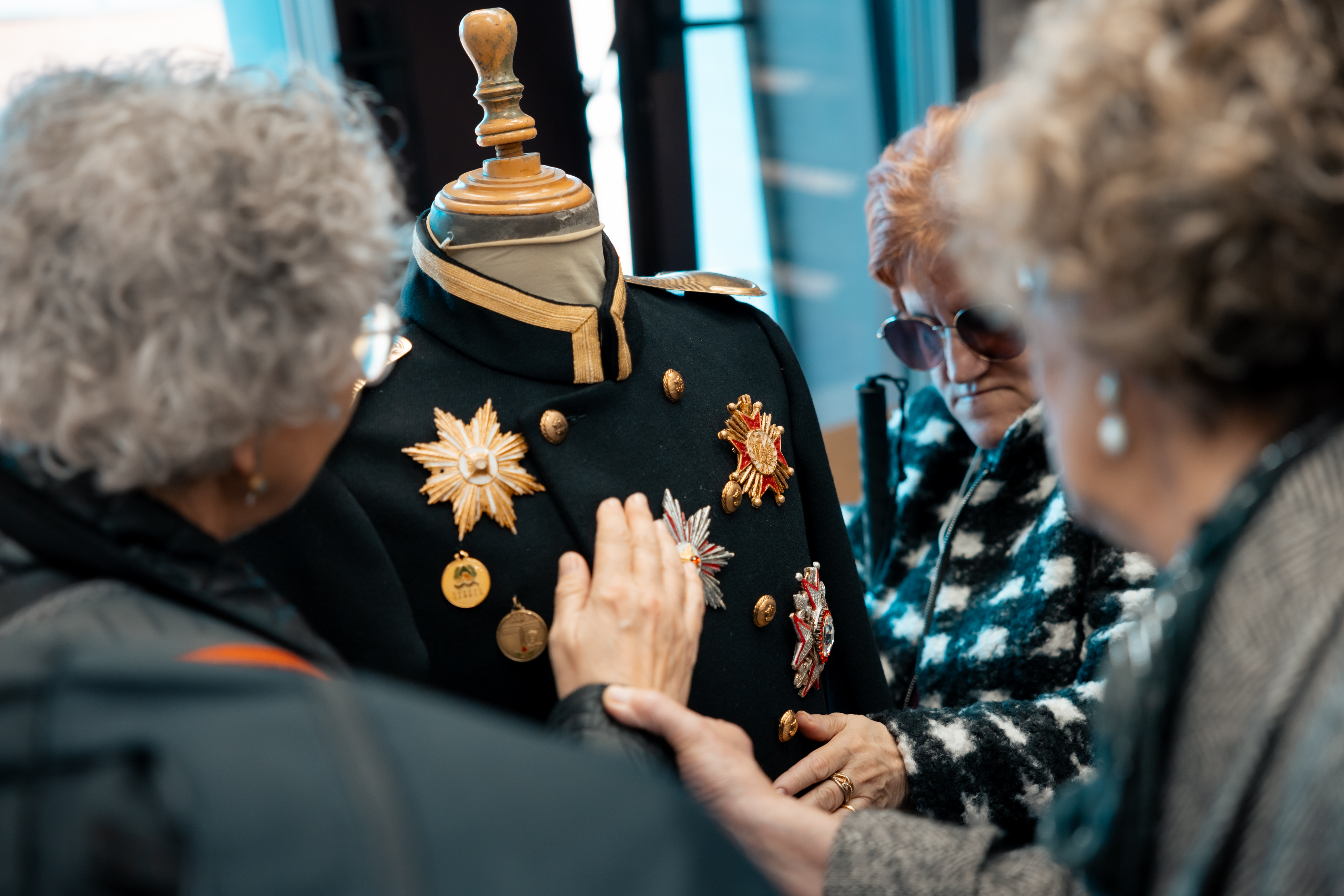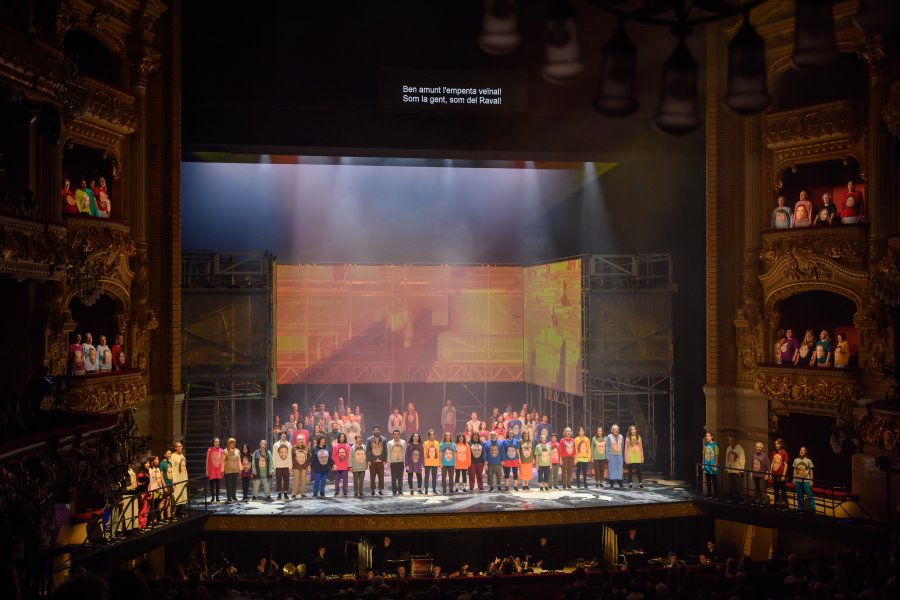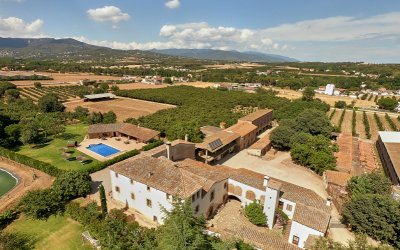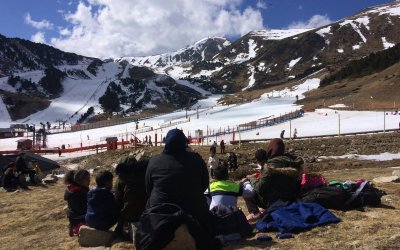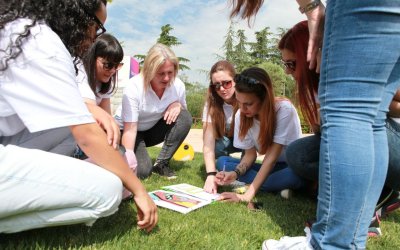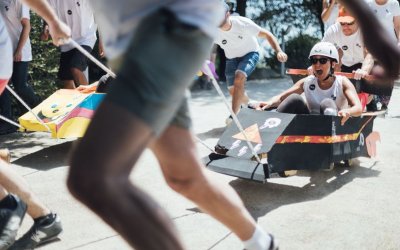This legendary Barcelona opera house opens its doors to people of all kinds to make music accessible to everyone. Under the name of Liceu Apropa, it carries out actions to make the theatre an inclusive and accessible space, where participation and co-creation play a decisive role.
More than 20 years ago, those in charge of the Liceu became pioneers in the decision to engage with the community of people with functional diversity. To kickstart this initiative, they conducted an audit to identify areas for improvement and got to work.
Therefore, today, the Liceu now offers sessions with audio description for people with visual impairments. From a technical booth, details such as set design, costumes, and stage direction are narrated. Notably, this year, the service is accessible through a mobile application.
Additionally, it also features a surtitling system in front of the stage for following the sung text in the opera in Catalan, Spanish, and English. Moreover, many of the seats offer individual screens for reading the subtitles of the performance.
The auditorium is also equipped with a loop system that improves reception for people with hearing impairments. It is a wiring system that runs under the seats, enhancing the listening experience for those using hearing aids or cochlear implants by providing augmented music without reverberations. This facilitates clear reception of sound and vocals without interference.
People with physical disabilities who have mobility problems also have a special area in the auditorium with 16 reserved places. Moreover, they enjoy significant discounts of up to 80%, and if they require an accompanying person, that individual can enter free of charge.
Accessibility in all respects
The desire to reach as many people as possible is such that the Liceu has implemented cognitive accessibility for informational materials. Initially, this was done through the signage in the auditorium, following international criteria for easy reading, taking into account aspects such as contrast, size, sans-serif fonts, etc.
The same was done for the plot summaries. Thus, to facilitate understanding, they avoid temporal jumps, limit the length of lines, use high-contrast visuals, and employ straightforward language without subordinate clauses.
In this regard, for some shows, plot summaries have been adapted with pictograms and easy-to-read formats, to account for children with autism, aware that anticipation is crucial in to provide a good service to families.
They also have what are called special friendly functions for children. These are more relaxed sessions where noise is tolerated, and a low level of light is maintained. Additionally, they provide a relaxation and sensory stimulation area for when the children get bored.
Culture available to everyone
The Liceu is also part of the "Apropa Cultura" programme, a network that connects over 100 cultural and leisure facilities across Catalonia. This programme facilitates access to these venues not only for people with disabilities but also for various vulnerable groups due to economic or social reasons. These include abused women, individuals in custody, those struggling with addiction, and homeless people, among others.
With tickets available at a symbolic price, since 2015, up to 4,500 people have been able to enjoy the Liceu's programme of events. This initiative has become normalised, becoming a regular occurrence complemented by workshops, ranging from talks to attending dress rehearsals or visits to the costume and make-up department.
The highlight among this array of initiatives is the launch of a large community opera titled "La gata perduda" (The Lost Cat). Various associations from the Raval neighbourhood participated in producing the opera: a non-professional choir group of over 100 individuals, Top Manta workers involved in the costume design, graffiti artists responsible for the stage design, and the poster created by the Massana School with the support of a group of people with cerebral palsy.
These are just some of the examples of the organisation's links with the neighbourhood, which went as far as developing audio recordings of the opera in Urdu, Bengali, Arabic, or Tagalog to reach communities far removed from our cultural reality.
All these initiatives showcase how culture can be accessible to everyone if there is effort and a great team to make it possible.
